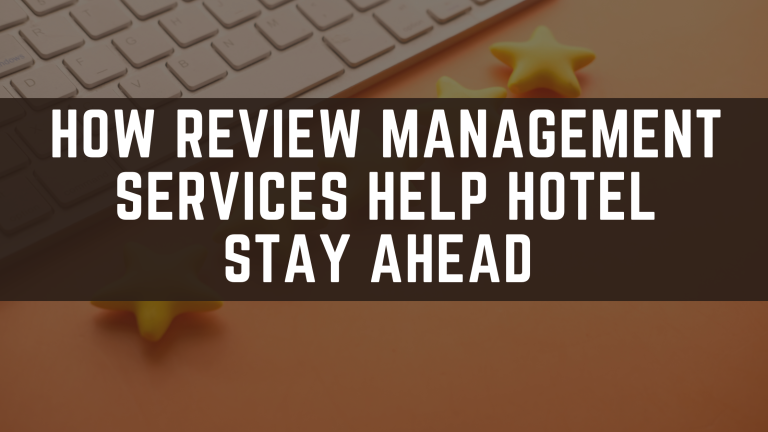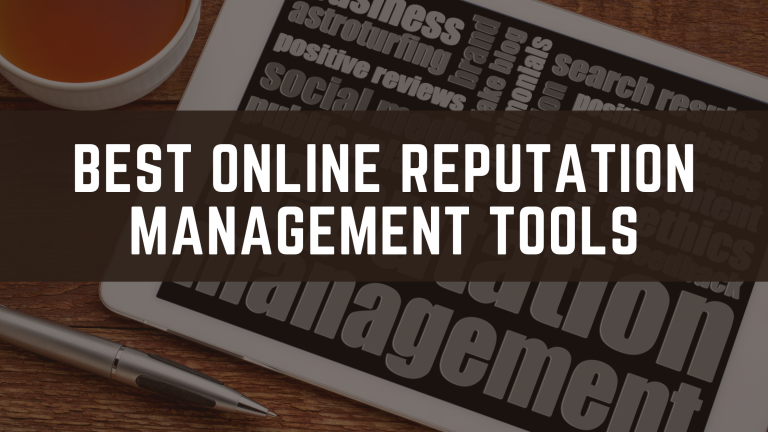Controlling the reputation of a small business is more important than ever. For many customers, the reputation of a business is often what can finally sway them to go with you over your competitor. For the small entity, whose resources and exposure are usually limited, a reputation that has been built on is what guarantees success. Throughout this article, we will explore the importance of small business reputation management and provide actionable strategies to excel in this crucial aspect. Visit The Reputation Lab for expert assistance in managing your business reputation effectively.
Why is Small Business Reputation Management Important?
Small businesses operate in a competitive landscape and likely have several competitors within a 2-mile radius. Every customer interaction can significantly impact their reputation, and the more favorable a reputation, the more the business can stand out both online, and in driving customers through their doors. Unlike larger corporations that might weather a few negative reviews, small businesses feel the effects of customer opinions more acutely. A strong reputation can lead to increased customer loyalty, drive revenue, and more referrals, while a tarnished reputation can be difficult to recover from and can severely affect the bottom line.
Delivering Quality Products and Services
The foundation of a good reputation lies in the consistent delivery of quality products and services. In order to earn a strong online reputation, it’s not about which business has the newest storefront, which has the most amenities, or even which has the best service. Earning a stellar reputation is about understanding the needs and expectations of YOUR typical customer, delivering and exceeding those expectations, and THEN, getting those customers to spread the word, perhaps with an online review.
Providing Outstanding Customer Service
Excellent customer service is a hallmark of successful small businesses. Responsiveness is key—address customer inquiries and complaints promptly and effectively. Personalized service can help build strong relationships; treat each customer as an individual and tailor your service to meet their specific needs. Following up with the customer after resolving an issue shows the customer, and the greater public, that you care about their experience and are committed to their satisfaction.
Building and Maintaining a Strong Online Presence
Your online presence is often the first impression potential customers have of your business. Ensure that your website is professional, user-friendly, and regularly updated with accurate information. Social media platforms are powerful tools for engaging with customers. Actively respond to comments, share valuable content, and participate in discussions to build a community around your brand.
Encouraging positive reviews and testimonials is another vital aspect of online reputation management. Satisfied customers are often willing to leave reviews if prompted politely. Display positive testimonials prominently on your website and marketing materials to build trust with potential customers. When handling negative feedback, respond professionally and constructively, demonstrating your commitment to resolving issues.
Overcoming Common Challenges in Reputation Management
Small businesses face several bottlenecks that can make reputation management challenging. Here are some common issues and strategies to overcome them:
Limited Resources
Financial constraints and limited manpower can make it difficult for small businesses to manage their reputation effectively. Reviews are being earned and nobody is watching. While we understand the importance of evaluating each dollar spent by the business, prioritize spending on critical areas such as customer service training, quality control, online marketing, and resources that ensure your reviews are being managed. Consider leveraging affordable tools and technologies that can streamline reputation management tasks, such as review monitoring software and automated review request systems.
High Impact of Individual Reviews
Every review counts when you’re running a small business and unfortunately, even just a few negative reviews can significantly impact your reputation. While some people do leave reviews all on their own, we also need to encourage customers to leave reviews. Those reviews you’re generating by proactive engagement with your customers can help balance any negative ones that might be earned. Speaking of negative reviews, be sure to address negative feedback promptly and professionally to show that you value customer input and that you have the desire to make things right when appropriate.




